PE&RC Alumni experiences
You are here
Introduction
We have reached out to our PE&RC Alumni and have asked them what to do now, and whether they'd be willing to share some details about their post-PhD careers and experiences. We received lots of positive replies, and that's why we're now making some of these short stories available to you! To inspire you and to give you an impression of the post-PhD experiences of our former PE&RC PhD candidates!
If you are a PE&RC Alumnus and you would like to share your post-PhD experiences with us, please contact Inka Bentum inka.bentum@wur.nl!
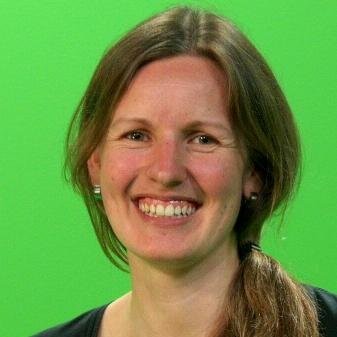 Lysanne Snijders
Lysanne Snijders
Postdoc @ Leibniz Institute for Zoo and Wildlife Research, Germany
My name is Lysanne Snijders and I did my PhD with the Behavioural Ecology Group (BHE) of Wageningen University and the Department of Animal Ecology of the NIOO-KNAW. For my project I studied personality differences and social networks in wild songbirds. During my PhD, I was a member with both the PE&RC as well as the WIAS Graduate School. Since finishing my PhD, I have had postdoc positions at different institutes. First, I (co)applied for funding with the WUR to innovate the BHE Animal Behaviour course via online tools (videos, self-tests etc.) and it resulted in a 4 month position. The experience I gained during my PhD, with being an online instructor for the Introduction to Animal Behaviour MOOC (Massive Open Online Course), was very helpful for that. Although I am not working with online education at the moment, I discovered that this is something I very much enjoy and would love to integrate in my future career. I also applied for 3 months of postdoc funding with WIAS, which allowed me to concentrate on writing grant proposals, which resulted in two successful applications. I am very grateful that I was awarded both the 'innovation' grant and the WIAS postdoc grant, because it gave me some breathing room, the opportunity to develop new skills (e.g. online teaching, grant writing) and effectively kick-started my postdoc career. The IGB-postdoc fellowship (IGB, Berlin, Germany) is one of the grants I was awarded, which supported me for one year studying social networks and foraging in wild guppies. Even though the grant was only a year, I still successfully collaborate with the people of this project. The Alexander von Humboldt 2 year postdoc fellowship was the second grant I received and which I am working on right now at the IZW (Berlin, Germany), studying personality and migration in bats. Continuing my academic career in Germany gave me more chances (much better scientific funding climate than the Netherlands). However, the last and current grant I am on are stipends, which means I get a monthly 'allowance' and some research money, but I get no social benefits. Also, obviously, they are very short-term. This is ok for now but not for the long-term (at least not for me). So in principle I continued doing pretty much the same sort of activities as during my PhD, but with a lot more grant writing, managing of different projects but also with a lot more job insecurity. For those PhD students who wish to continue in academic science (at least for a couple of more years), I can recommend to start with grant writing early. Even small ones can help you get some what bigger ones and even bigger ones after that. Getting grants doesn't only help you to get your next job, but also the one after that (grants are generally highly valued on academic CVs). Most importantly, enjoy and take advantage of your time as a PhD student in the Netherlands, it's one of the best places in the world to do one. I still hope to make it back to Wageningen someday, but only time will tell.
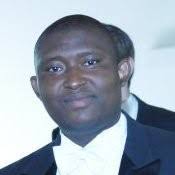 Ntuthuko Mkhize
Ntuthuko Mkhize
Senior Researcher in Rangeland Ecology @ Agricultural Research Council (ARC), South Africa
I am Ntuthuko Mkhize and am currently employed by the Agricultural Research Council (ARC) in South Africa as a Senior Researcher in Rangeland Ecology. I joined the ARC in May 2010 as a Researcher before securing the Wageningen University Sandwich PhD Fellowship within the PE&RC in August 2010. After graduating with a PhD degree in May 2015, I continued in my position as a Researcher until April 2018 when I was promoted to Senior Researcher. The promotion was based on research publications and postgraduate student supervision. PE&RC prepared me very well for my current responsibilities and still in touch (trying to forge collaborative relations) with colleagues from Wageningen plus PhD supervisors to date. Over and above conducting research, I supervise postgraduate students and teach undergraduate students at the University of KwaZulu Natal where I am employed as an honorary lecturer for the next three years (February 2018 to February 2021).
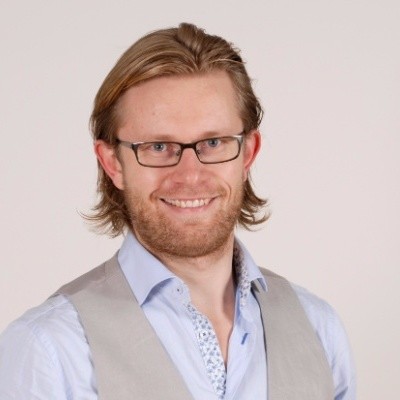 William van Dijk
William van Dijk
Policy Advisor @ Provincie Noord Holland, The Netherlands
I work at the province as a policy maker making policies on the sustainable management of wild animals in the Netherlands that cause nuisance, cause risk to safety, economic damage or damage to nature. Regular activities include advising politicians, speak to stakeholders which include nature conservationists, hunters, farmers and animal rights activists. Also I regularly meet with advisors from other provinces, lawyers to prepare court cases and communication advisors for press releases and questions from the media.
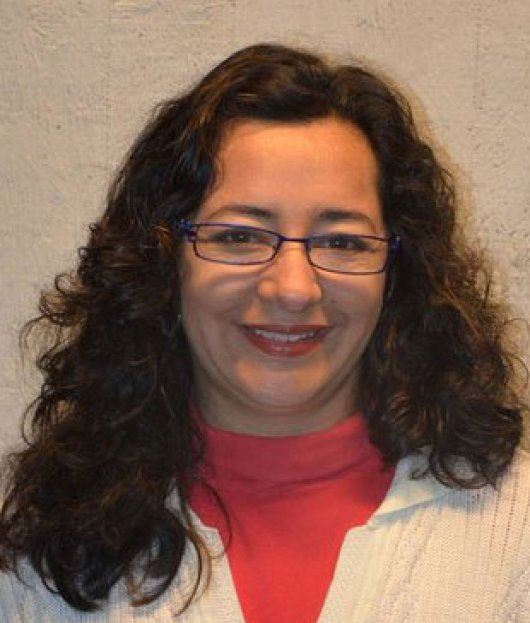 Clara Peña Venegas
Clara Peña Venegas
Associate Researcher @ Sinchi Amazonic Institute of Scientific Research, Colombia
As a scientific researcher, each week is different from the previous one: I permanently write new research projects and search founding opportunities for those, and coordinate, do field and laboratory work in current research projects. So, it is a mix between scientific research, administrative and finantial competences. Field work gives me the opportunity to travel, share with rural people, understand their problems and their points of view. Personally, I collect information and samples that are analyzed at the laboratory or at the computer. My job also offers me the opportunity to have students involved in my projects, so, some days I have classes at the university and direct or co-direct thesis of students that are working in the topics of my interest. In afternoons, I write scientific articles, book chapters and short publications for the media. I can say that each research project I do is similar to the process I lived during my PhD thesis. Planning, studying, formulating a proposal, developing the proposal and writing the most important results. My job is a way to be a permanent student with a permanent salary.
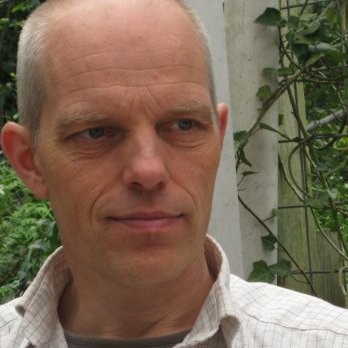 Frank van Schoubroeck
Frank van Schoubroeck
Entrepreneur @ FarmTreeServices.com, The Netherlands
Around 2010, I started a company FarmTreeServices.com. I develop software to capture costs and benefits in smallholder farming in Africa and Asia. With this software I carry out consultancies to value the impact of projects on the value of farms. For example, when projects promote Agroforestry, the implementing partner may want to show the impact of Agroforestry on the household economy, on soil conservation, on carbon, food security, etc. We capture the Farming system, and quantify both inputs and impact. I am now developing - with a company Agrisim.com - online software for smallholder farm planning. The intention is that smallholder farmers will soon be able to get an app for farm cash flow and productivity planning. We are unique in that we combine natural science / agriculture insights with social and economic logic.
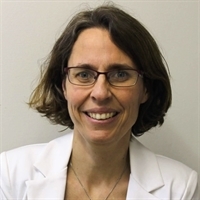 Marleen Noomen
Marleen Noomen
Information specialist @ Wageningen University & Research, The Netherlands
Since March 2018 I work at WUR Library as an information specialist in the Education Support team. I teach information literacy skills to students and PhD candidates, and I am available for questions related to literature searches, use of bibliographic databases, creating search queries, etc. I also support researchers in the field of data management, which includes checking data management plans and presenting the WUR data management policy. In my role as faculty liaison for the Environmental Sciences Group, I am the primary contact person for questions related to information literacy, collection management and research data management for the faculty. I enjoy this job a lot, I like the contact with researchers and students, and the work is so varied that there is always something new and challenging to work on.
